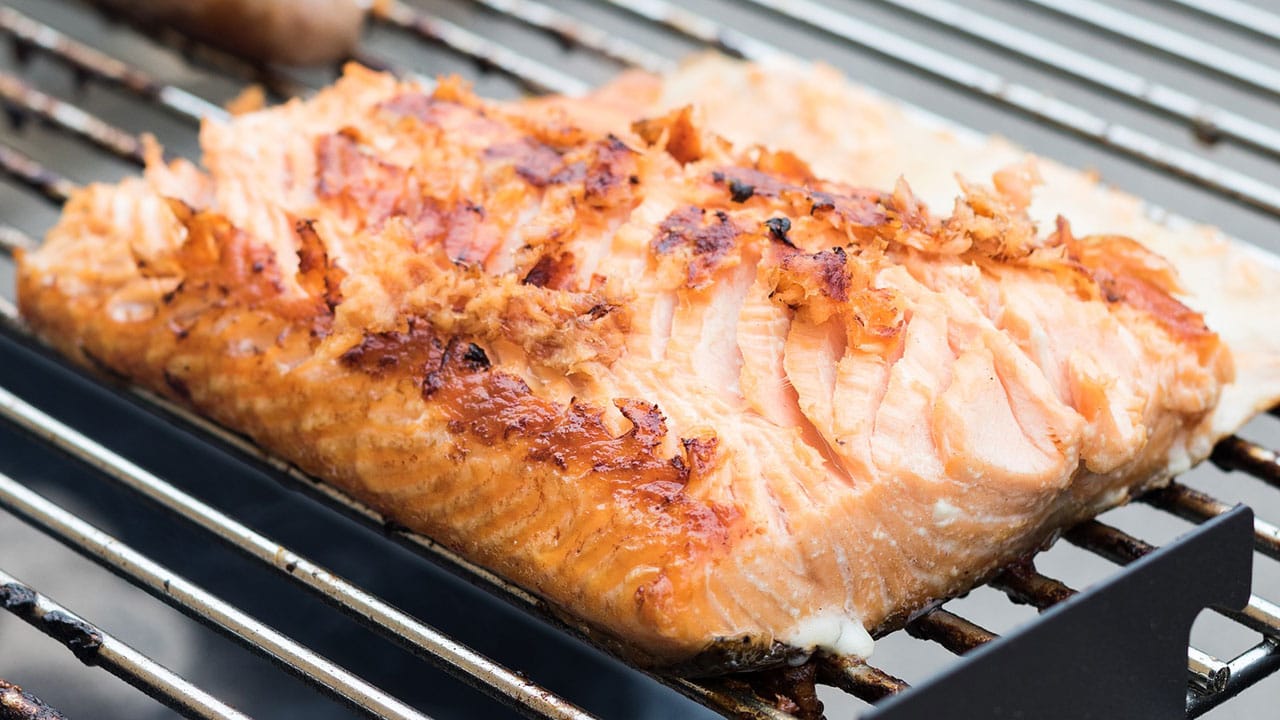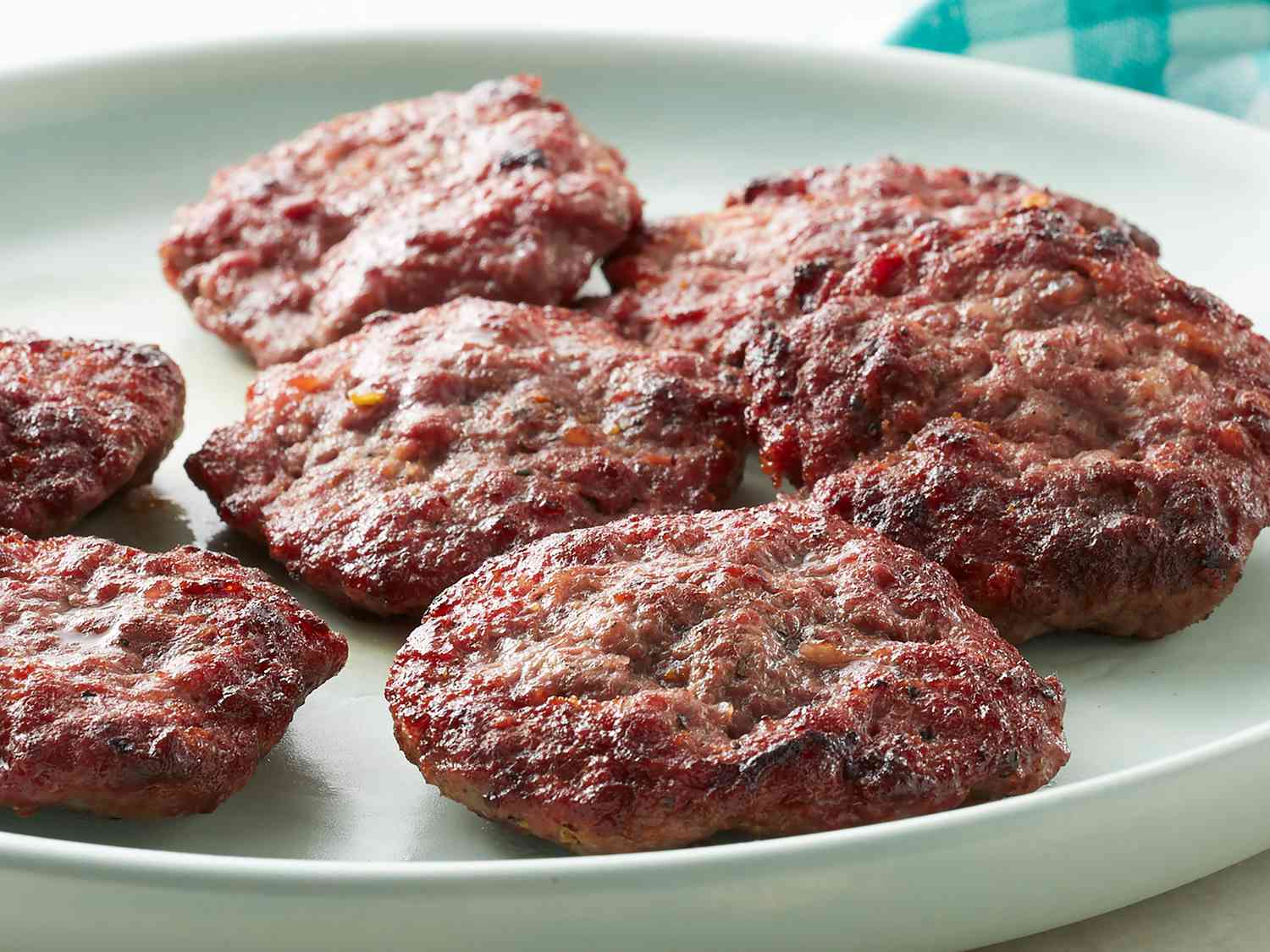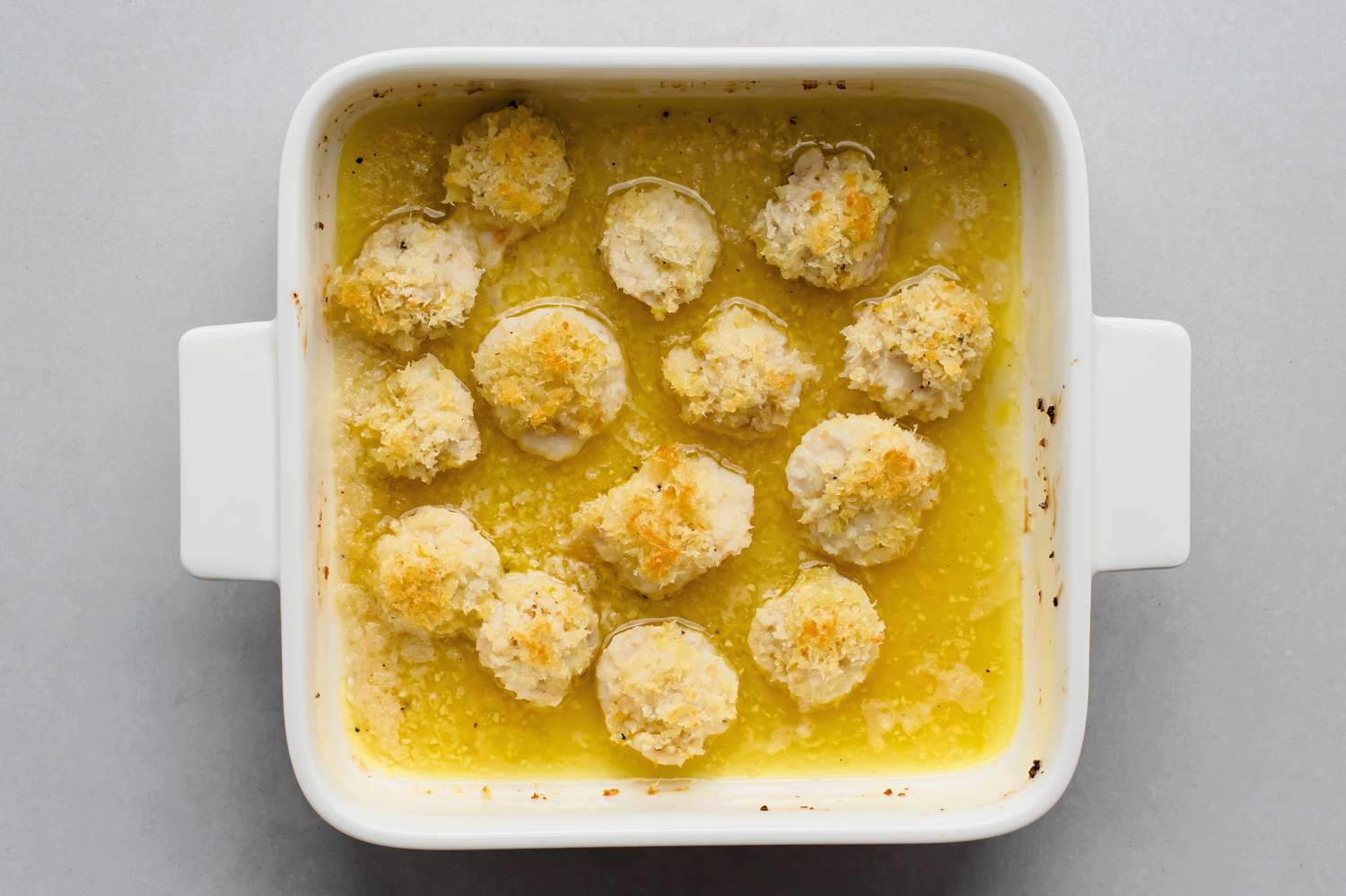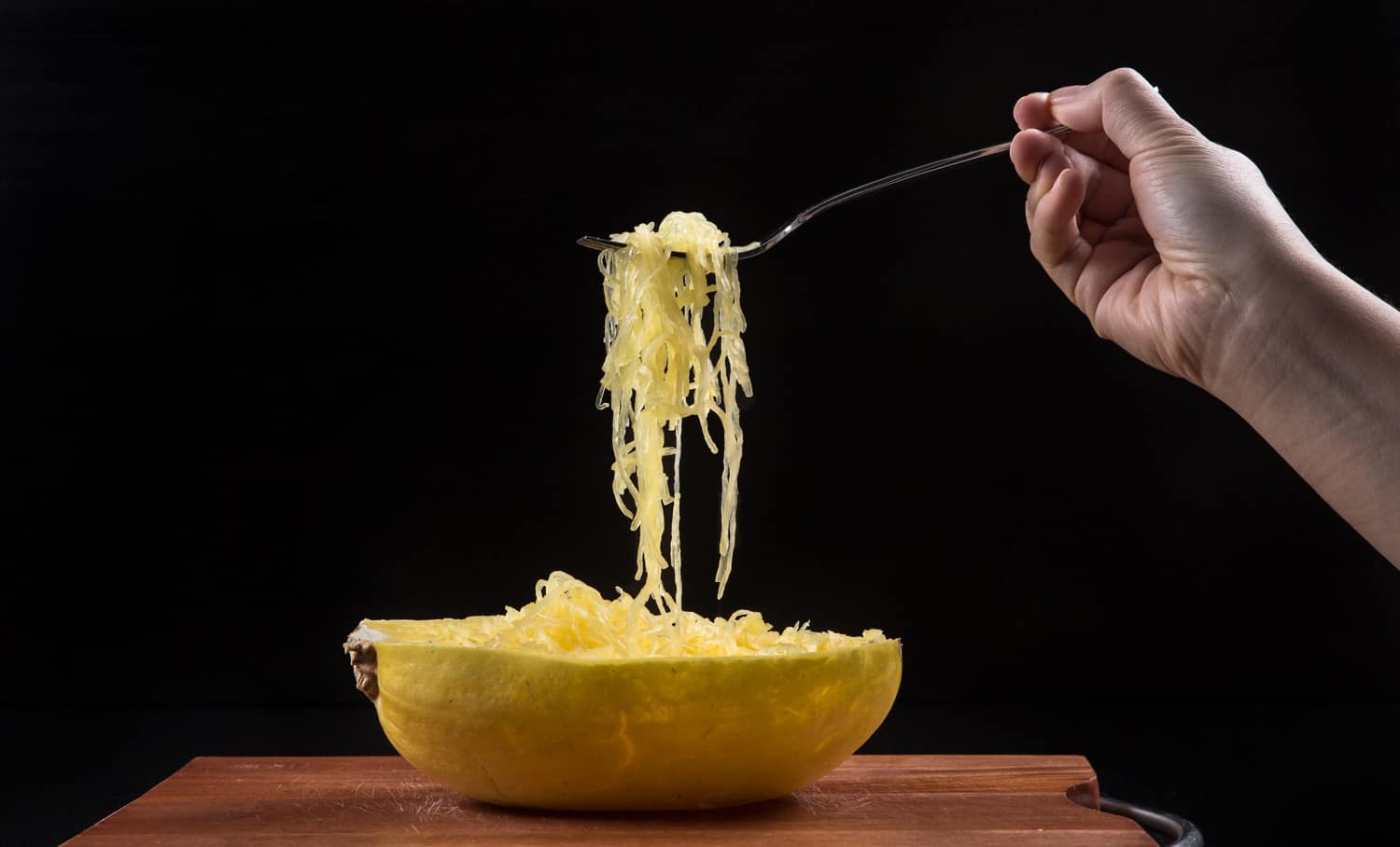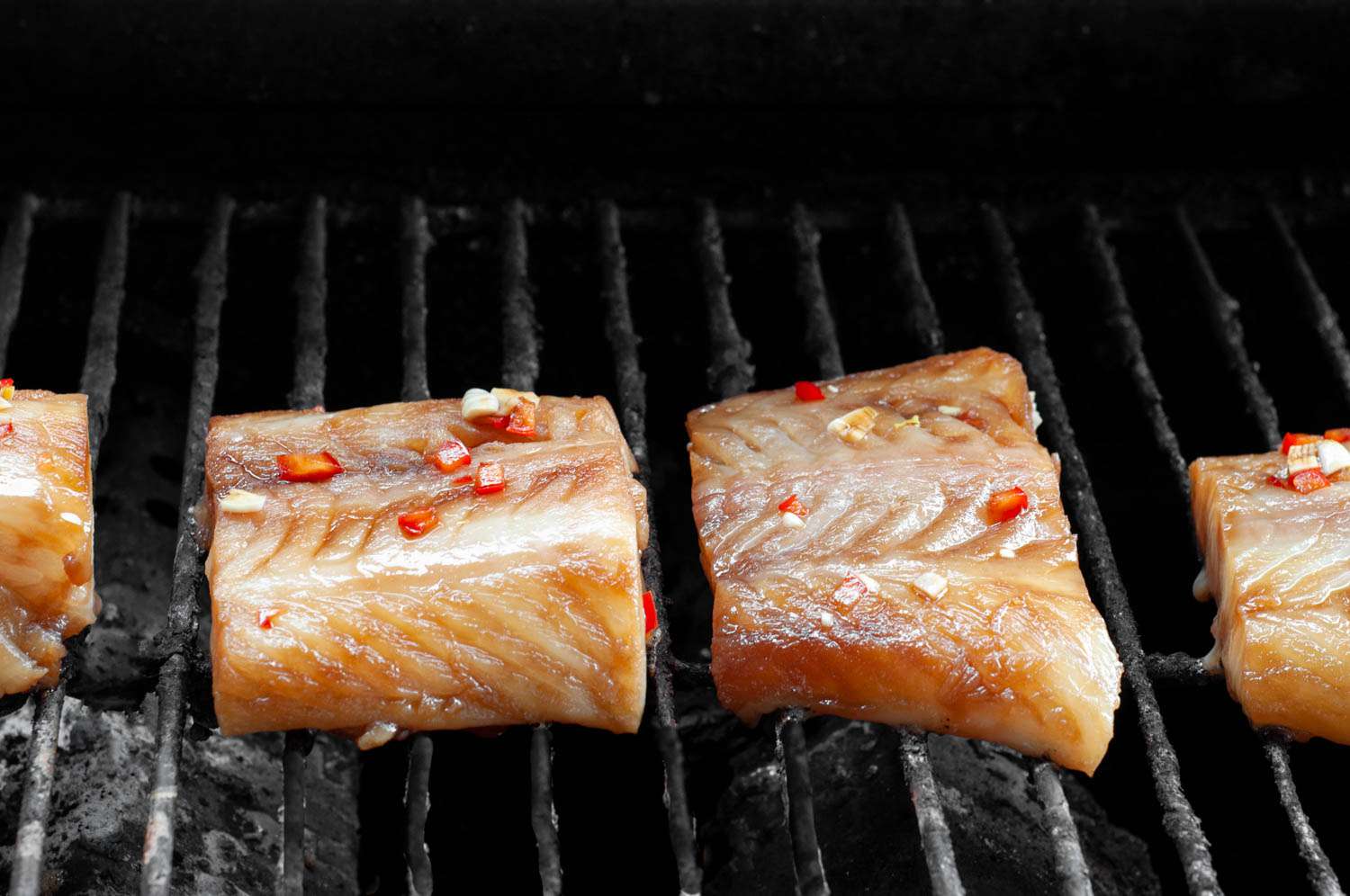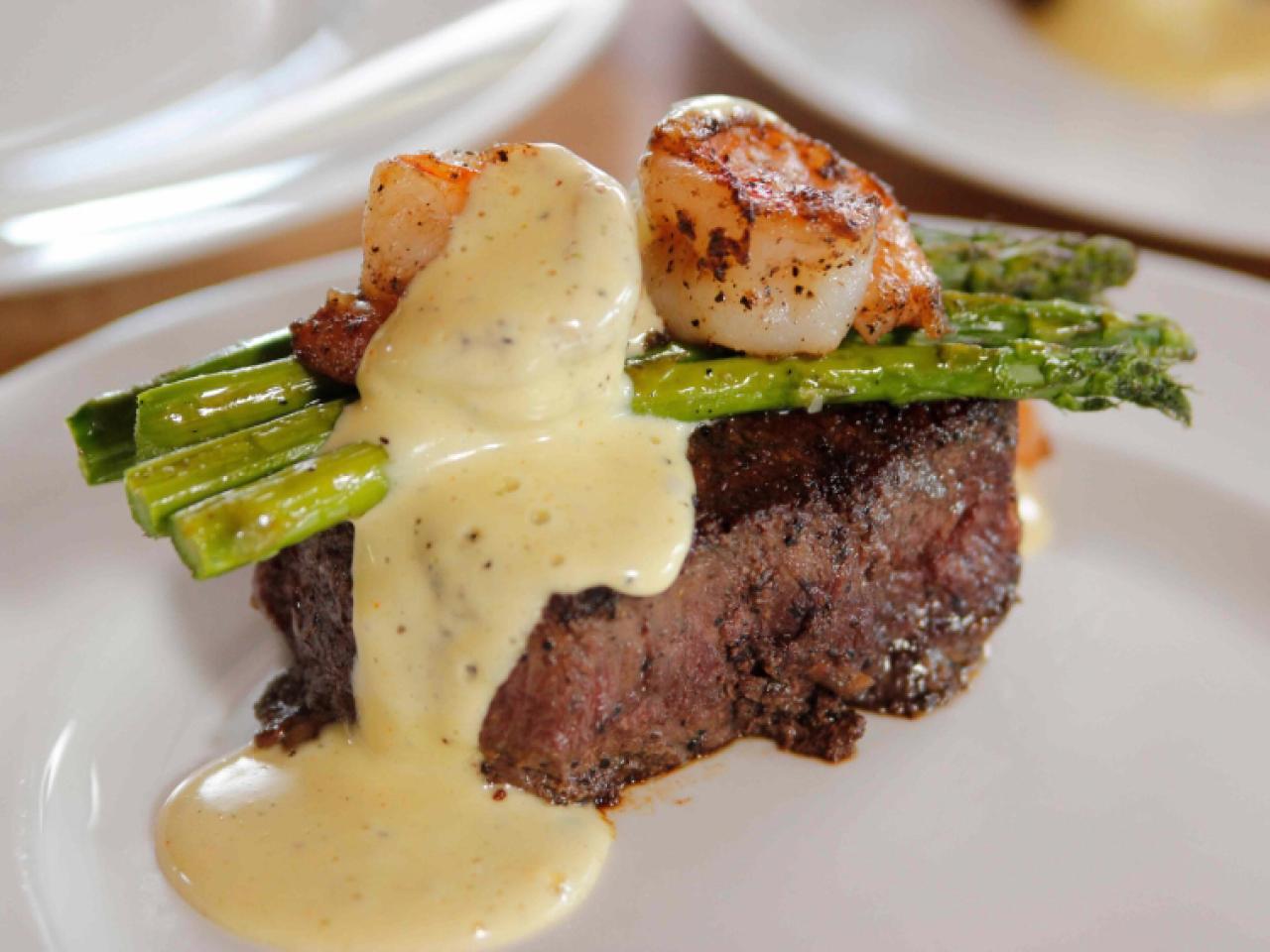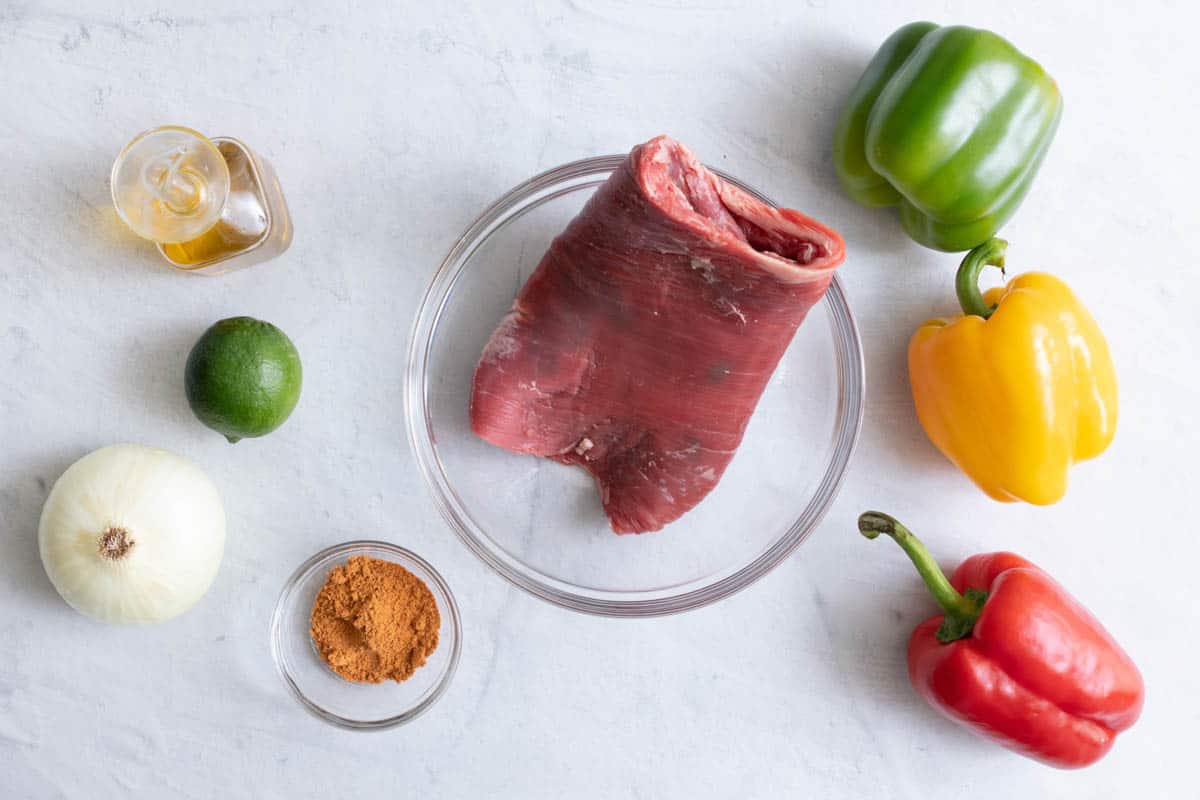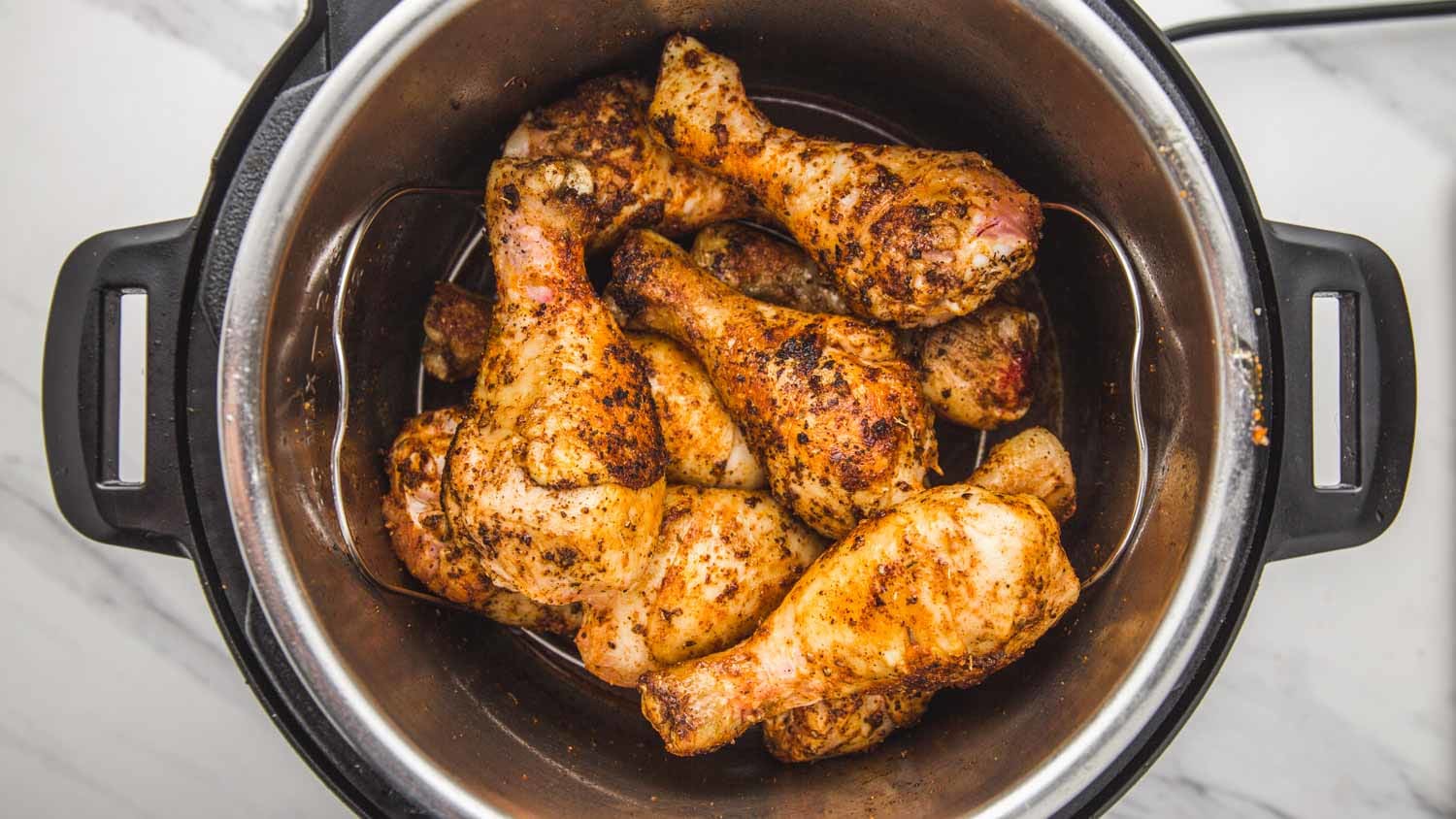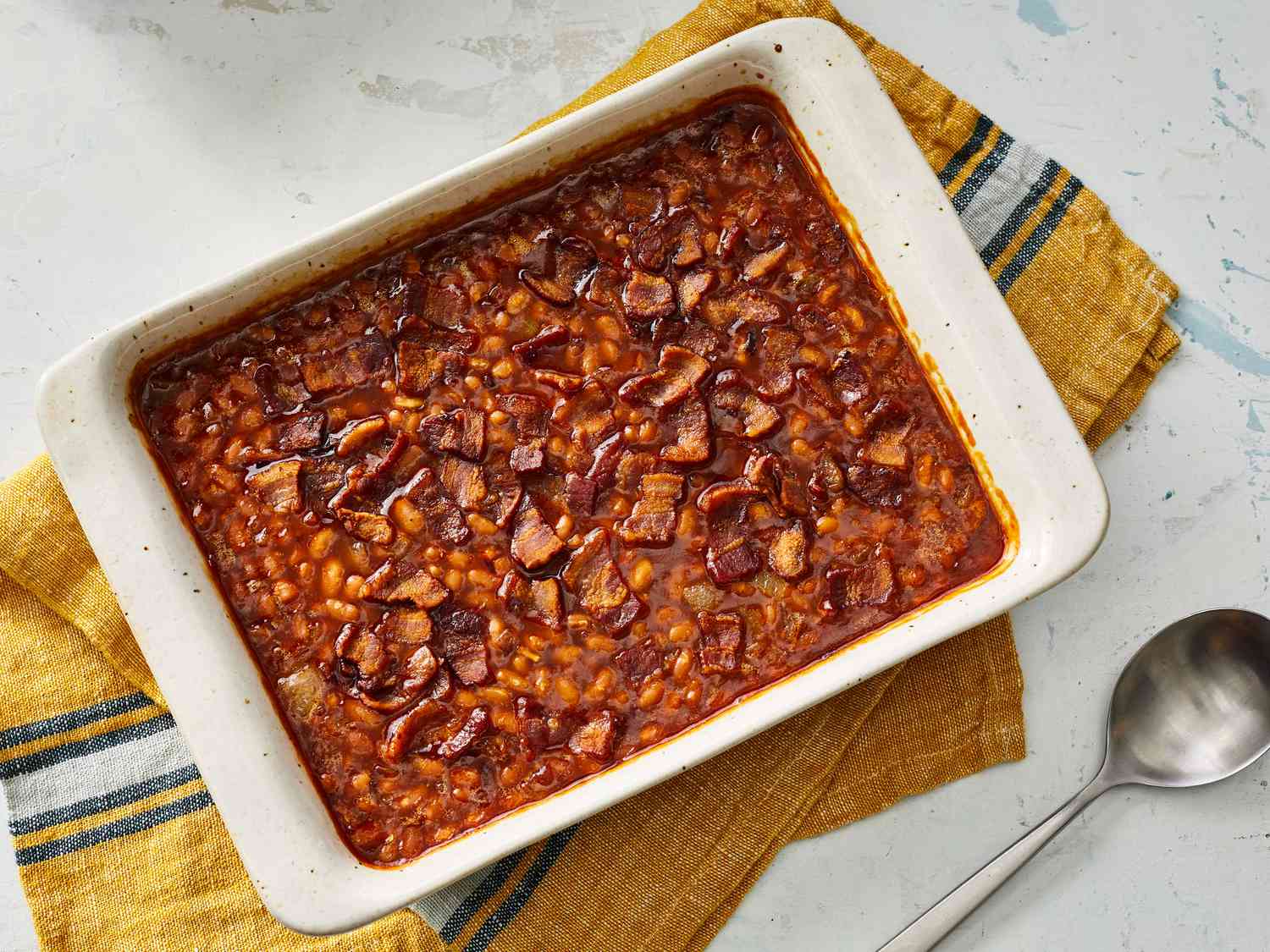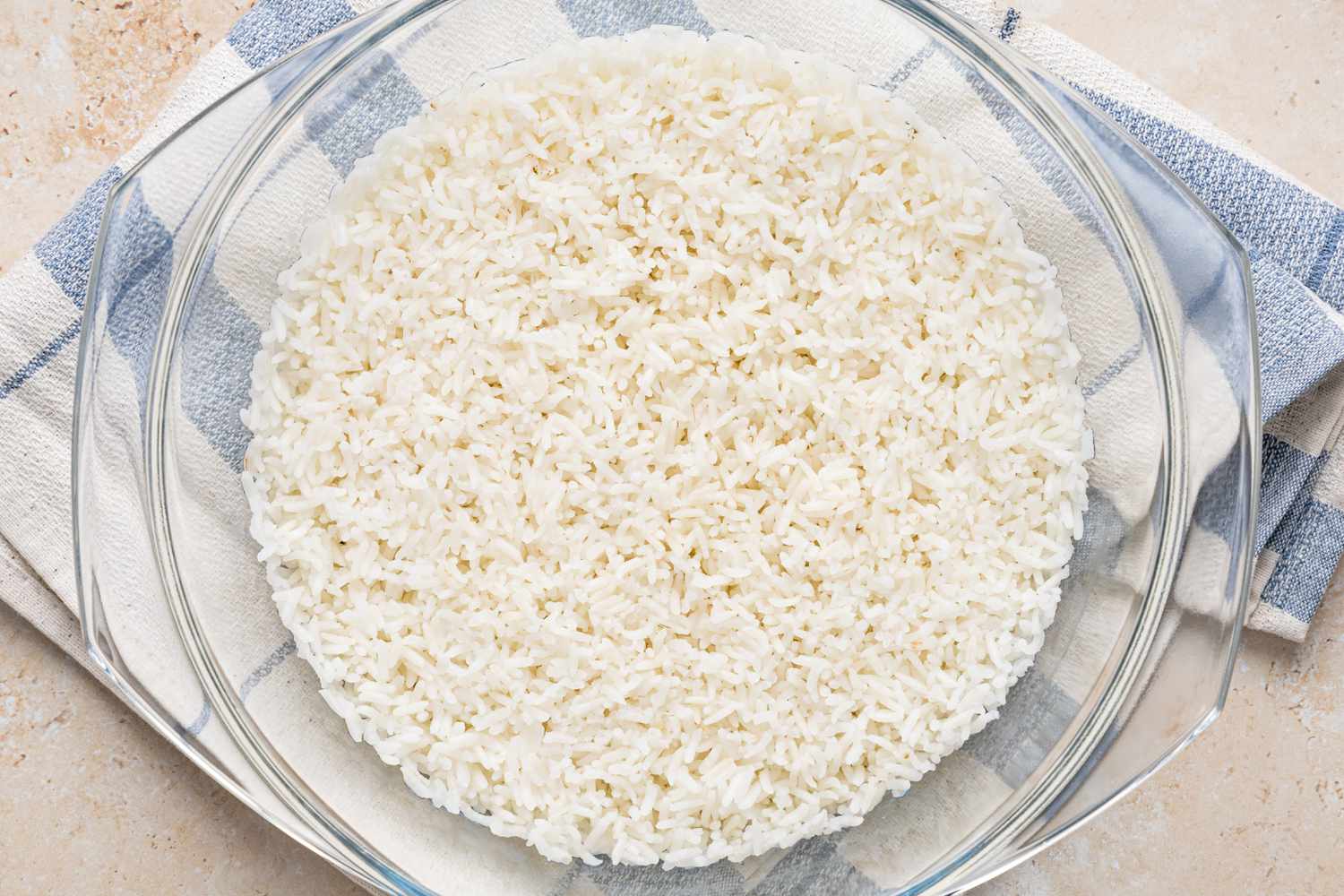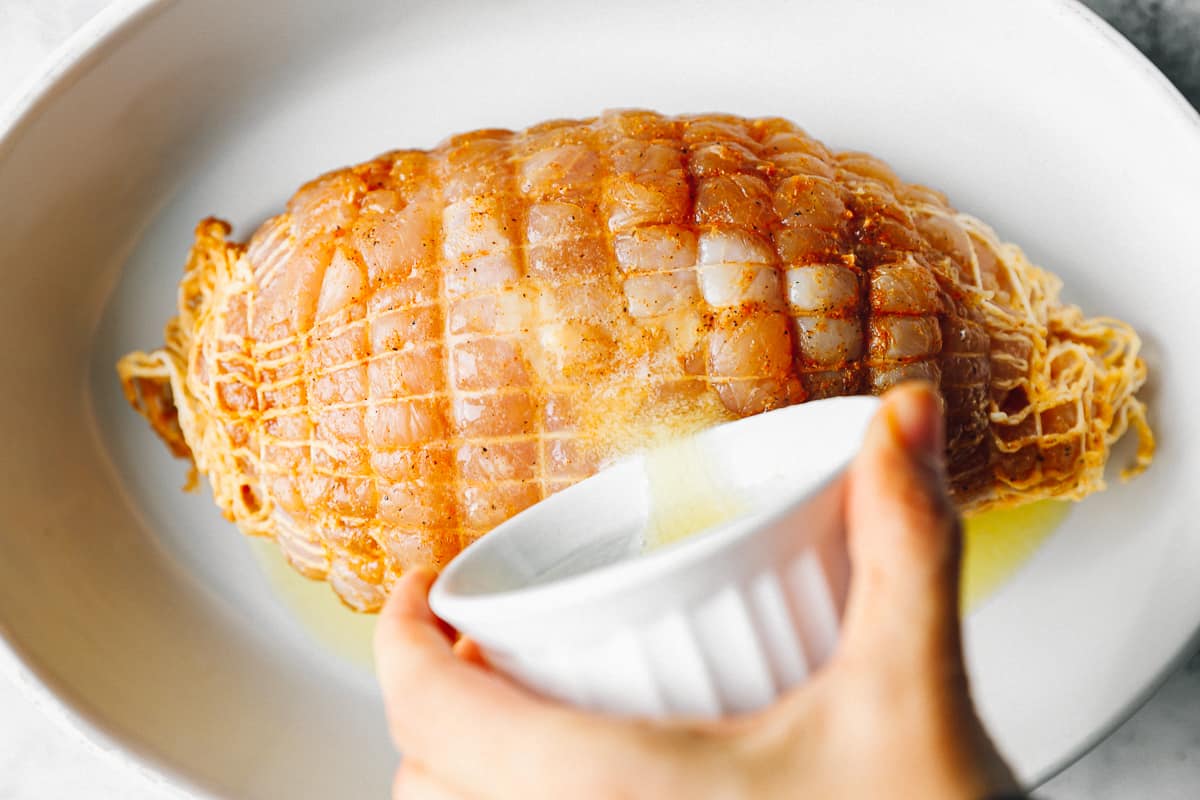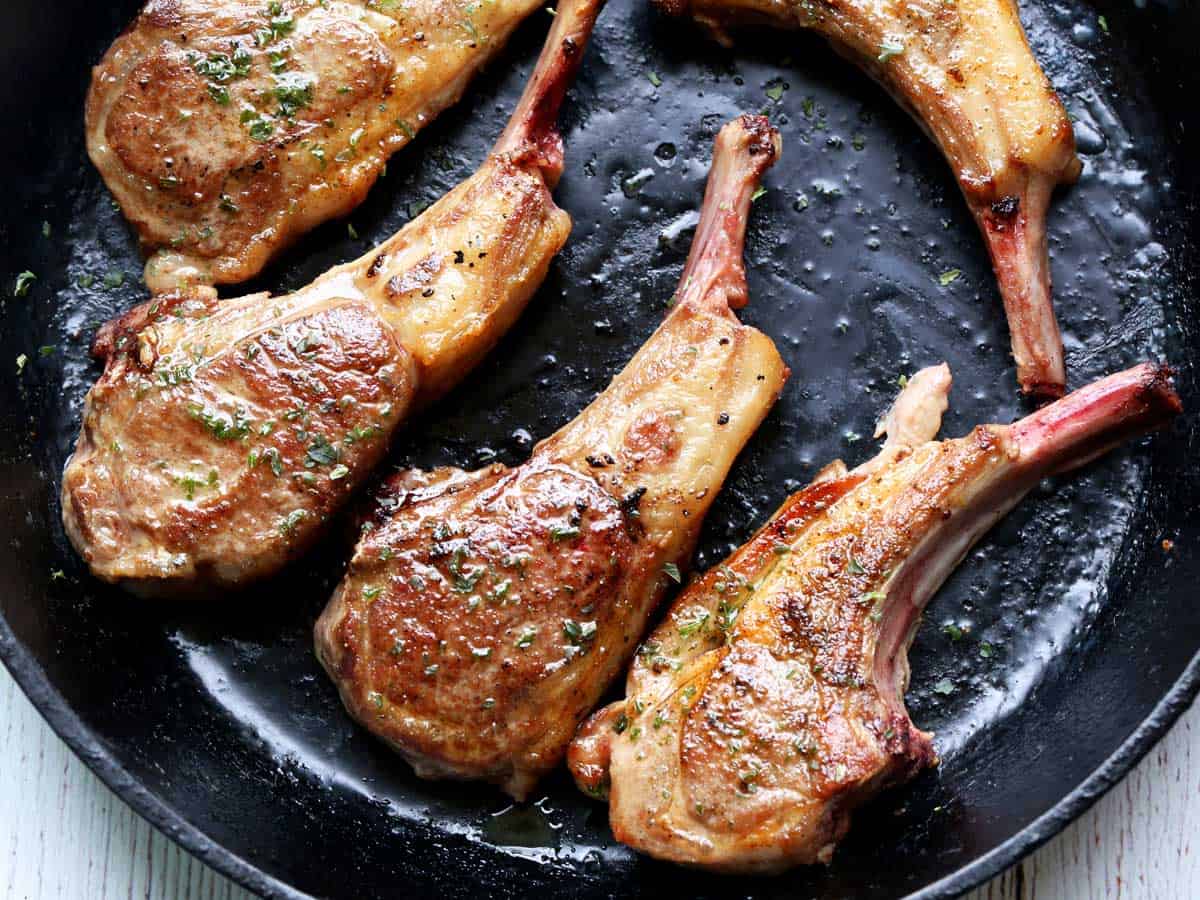How To Cook Perfect Pasta
Greetings pasta enthusiasts! Are you ready to elevate your pasta game to a whole new level? Look no further because we have the ultimate guide on how to cook perfect pasta. Whether you prefer it al dente or tender, follow these steps to achieve pasta perfection every time.
1. Choose the Right Pasta
First things first, select the right pasta for your dish. Different types of pasta are best suited for specific sauces. For example, long and thin strands like spaghetti pairs well with lighter sauces, while robust shapes like penne are perfect for holding rich and hearty sauces. Choose pasta that complements your recipe.
2. Salt the Water
One common mistake people make is forgetting to salt the pasta water. Add a generous amount of salt to a large pot of boiling water before adding the pasta. This step not only enhances the flavor of the pasta but also seasons it throughout.
3. Follow Cooking Time Guidelines
Refer to the cooking time instructions on the pasta package, but remember they are just guidelines. To achieve the perfect texture, start tasting the pasta a couple of minutes before the suggested cooking time. Al dente pasta should be slightly firm to the bite, so be careful not to overcook it.
4. Stir Occasionally
While the pasta is cooking, give it an occasional stir to prevent it from sticking together. This is especially important during the first few minutes of cooking when the pasta can easily clump. A gentle stir will ensure that each strand or shape cooks evenly.
5. Reserve Some Pasta Water
Before draining the pasta, reserve a cup of the cooking water. This starchy liquid can be used to thin out a thick sauce or help bind the pasta and sauce together. Add small amounts as needed to achieve the desired consistency.
6. Rinse or Don’t Rinse?
There is an ongoing debate about whether pasta should be rinsed after cooking. If you’re serving your pasta hot and immediately tossing it with a sauce, there’s no need to rinse. However, if you’re making a cold pasta salad, rinsing the pasta with cold water can stop the cooking process and prevent it from becoming mushy.
7. Dress It Up
Once your pasta is cooked to perfection, it’s time to dress it up with your favorite sauce or toppings. Whether you opt for a classic marinara, a creamy Alfredo, or a simple olive oil and garlic combination, make sure to coat every strand or shape evenly for maximum flavor.
8. Get Creative with Additions
Don’t be afraid to get creative with your pasta creations. Add vegetables, herbs, or proteins to enhance the dish further. Experiment with different flavors and textures to suit your taste preferences.
9. Serve and Enjoy!
The moment you’ve been waiting for has arrived. Plate up your perfectly cooked pasta and savor each delicious bite. Share your culinary masterpiece with friends and family, and revel in the satisfaction of a bowl of pasta done right.
There you have it, fellow pasta lovers! By following these simple steps, you’ll be able to cook perfect pasta every time. So grab your apron, boil that water, and get ready to impress with your pasta-cooking skills. Bon appétit!
Was this page helpful?
Read Next: How To Cook Fresh Green Beans On The Stove
